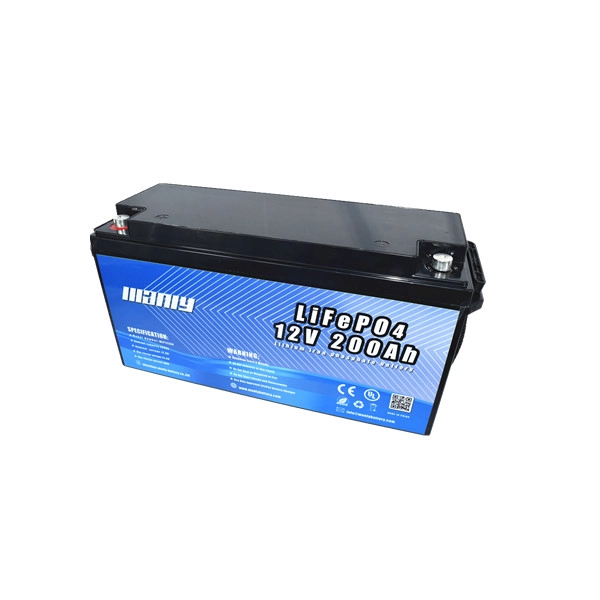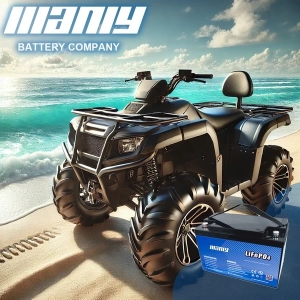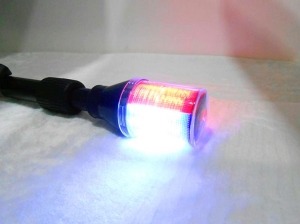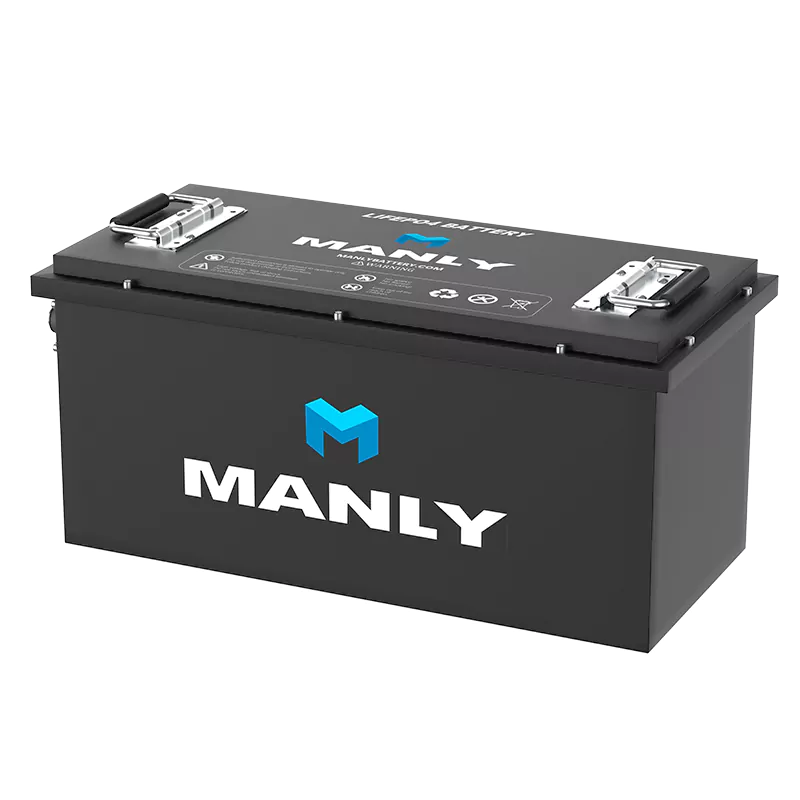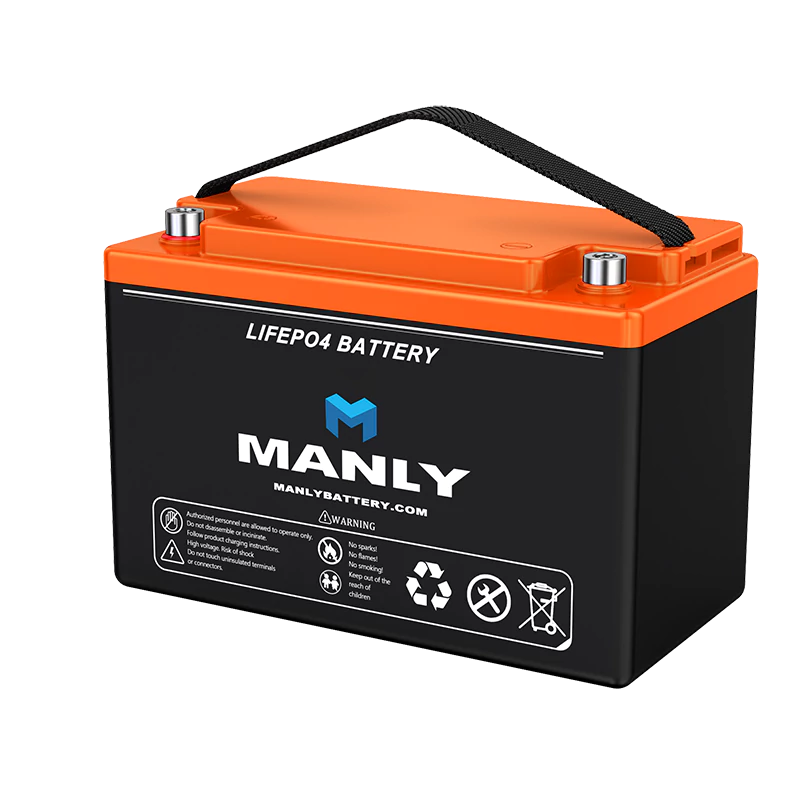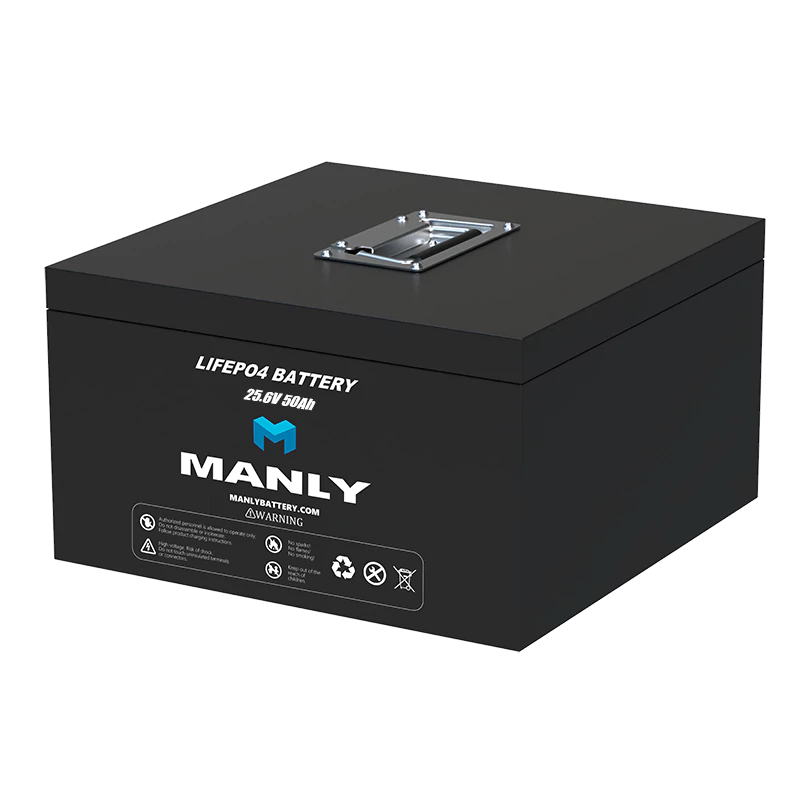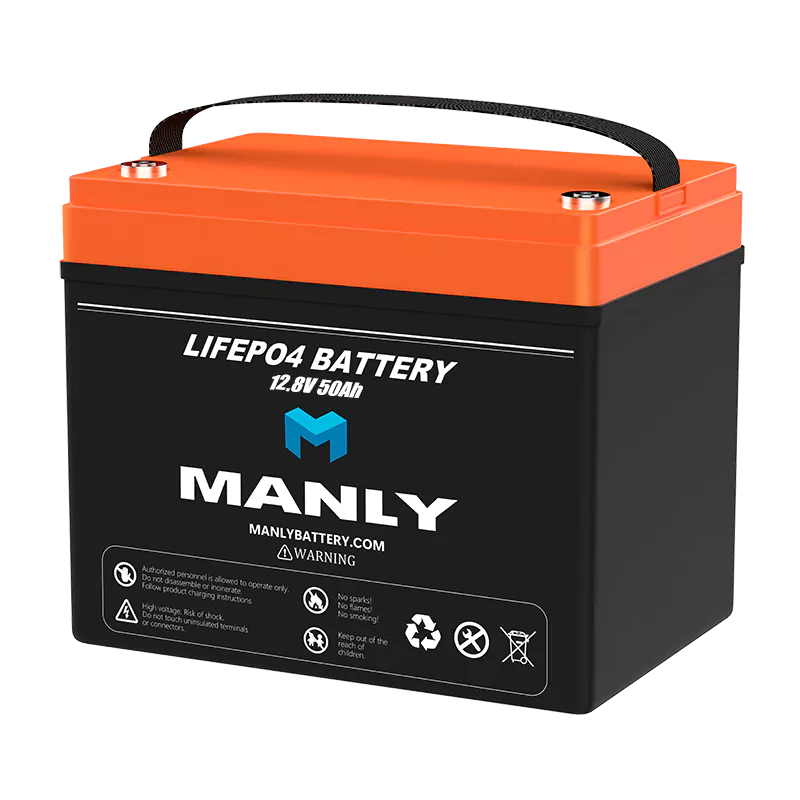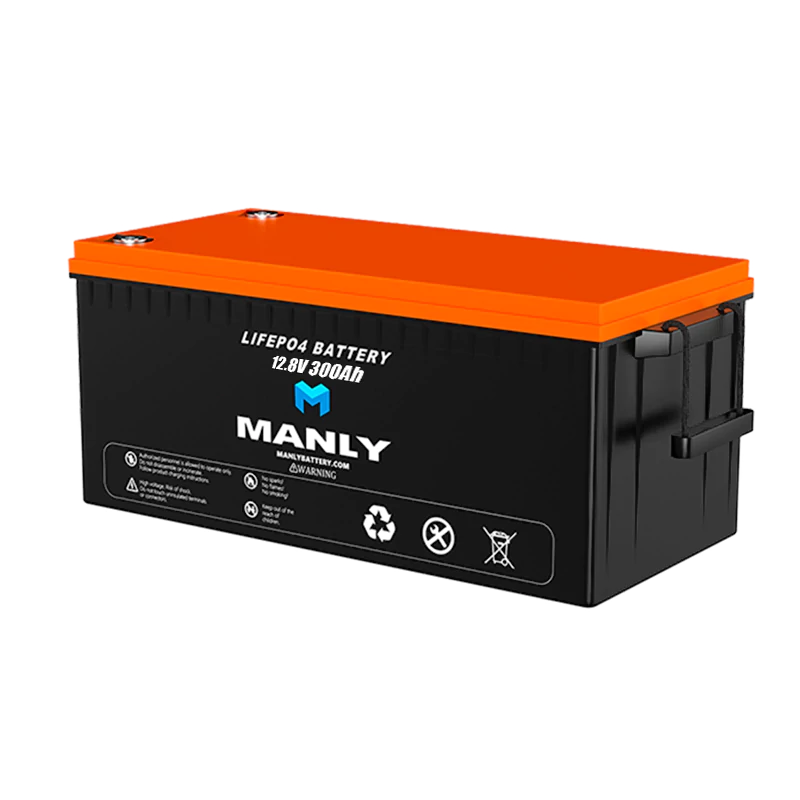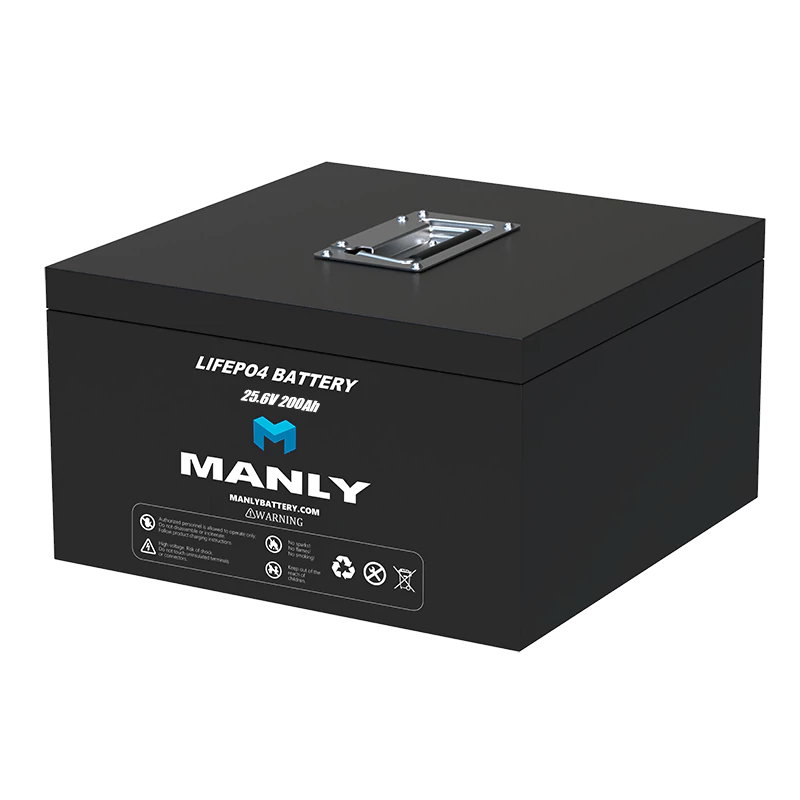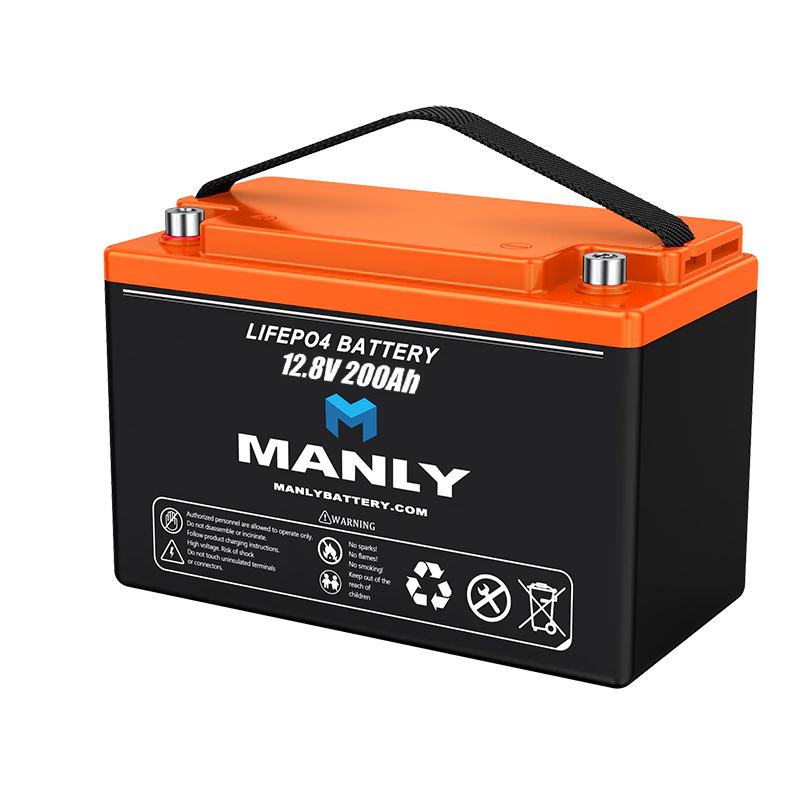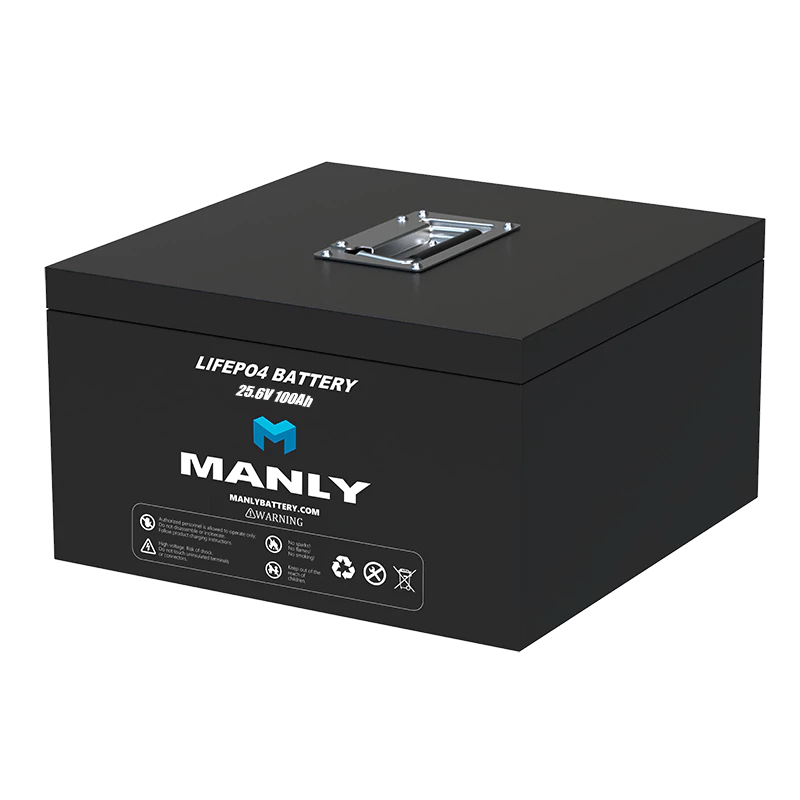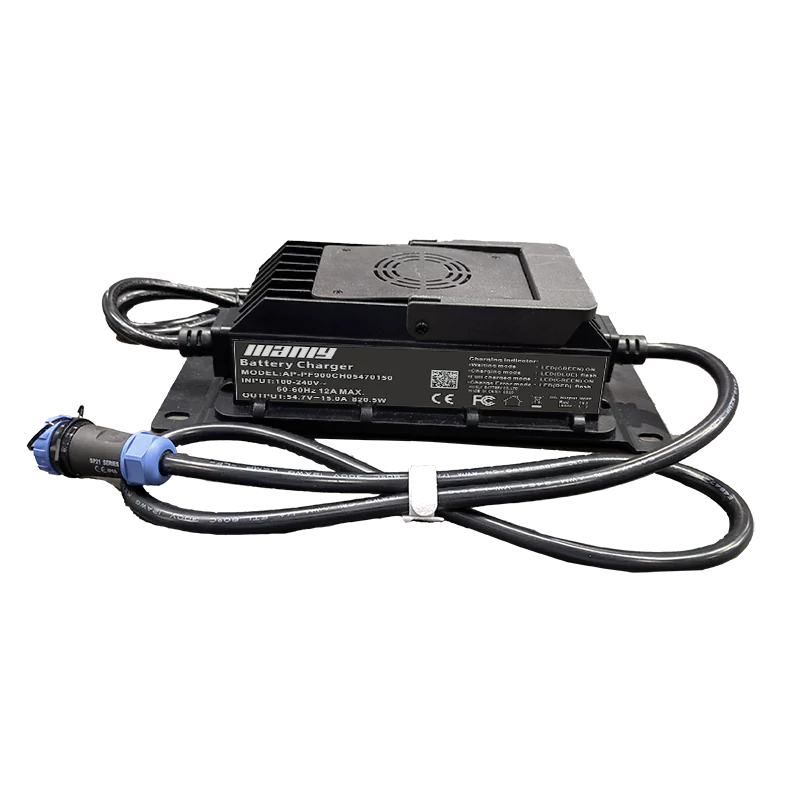More Products
Table of Contents
- 6 Key Aspects: 12V 200Ah LiFePO4 Battery in RVs
6 Key Aspects: 12V 200Ah LiFePO4 Battery in RVs
-Australian Client Orders 12V 200Ah LiFePO4 Battery in Manly Battery
1. Introduction
The recreational vehicle (RV) industry has seen significant growth in recent years, with more people embracing the freedom and flexibility that RV living offers. One crucial aspect of RV life is having a reliable power source, and 12V 200Ah LiFePO4 batteries have emerged as a popular choice among RV enthusiasts. This article delves into the advantages of using LiFePO4 batteries in RVs, backed by data and professional insights, as well as a real-life example of their increasing demand.
2. The Rise of LiFePO4 Batteries in RVs
2.1 Market Growth
The global lithium iron phosphate (LiFePO4) battery market is projected to grow at a CAGR of around 18.5% between 2020 and 2027, reaching a valuation of approximately $34.5 billion by the end of the forecast period (Source: Market Research Future). This growth is attributed to increasing demand from various sectors, including the RV industry, where LiFePO4 batteries are replacing traditional lead-acid batteries.2.2 Key Factors Driving Adoption
Longer cycle life: LiFePO4 batteries offer a significantly longer cycle life, with up to 5,000 cycles compared to around 500 cycles for lead-acid batteries. This translates to a longer-lasting and more cost-effective power solution for RV owners.Higher energy density: LiFePO4 batteries provide a higher energy density of about 90-110 Wh/kg, compared to 30-40 Wh/kg for lead-acid batteries (Source: Battery University). This allows for more energy storage in a smaller, lighter package, which is ideal for space-constrained RVs.Environmental friendliness: LiFePO4 batteries are more eco-friendly than lead-acid batteries, as they do not contain harmful heavy metals and have a lower environmental impact during production and disposal.3. Benefits of Using 12V 200Ah LiFePO4 Batteries in RVs
3.1 Improved Off-Grid Capabilities
With a 12V 200Ah LiFePO4 battery, RV owners can enjoy an energy capacity of 2.4 kWh, allowing for extended off-grid stays without relying on external power sources. For instance, a 200Ah LiFePO4 battery can power a 100W LED light for up to 24 hours, compared to just 10 hours with a 100Ah lead-acid battery (assuming a 50% depth of discharge for the lead-acid battery).3.2 Weight and Space Savings
A 12V 200Ah LiFePO4 battery typically weighs around 56 pounds (25.4 kg), whereas a comparable lead-acid battery can weigh over 120 pounds (54.4 kg). This significant weight reduction contributes to better fuel efficiency and increased payload capacity for RVs.3.3 Lower Maintenance Requirements
LiFePO4 batteries are virtually maintenance-free, with no need for regular topping up of electrolyte levels or periodic equalization charges. This saves RV owners time and effort while ensuring optimal battery performance.3.4 Enhanced Safety Features
The built-in Battery Management System (BMS) in LiFePO4 batteries offers multiple safety protections, including overcharging, short-circuit, and thermal runaway prevention. This added layer of protection ensures the reliability and safety of your RV's electrical system.
4. Real-Life Example: Australian Client Orders 500pcs 12V 200Ah LiFePO4 Batteries from Manly Battery
A recent order placed by an Australian client for 500pcs of 12V 200Ah LiFePO4 batteries from Manly Battery highlights the growing demand for these advanced power solutions in the RV market. This large-scale order showcases the increasing preference for LiFePO4 batteries among RV owners, who recognize the benefits of switching from traditional lead-acid batteries to more efficient and reliable LiFePO4 alternatives.